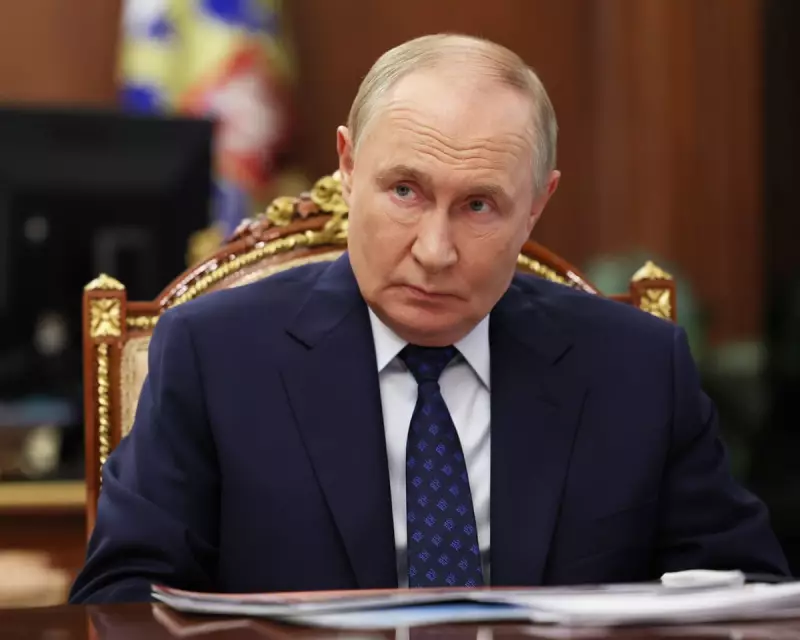
In a startling development that signals significant turmoil within Moscow's power structures, Vladimir Putin's formidable repressive machinery has begun targeting its own. The very system designed to silence opposition and crush dissent is now turning inward, setting its sights on prominent pro-war figures who until recently were celebrated as patriots.
The Unexpected Targets
What makes this crackdown particularly remarkable is the identity of those being pursued. These aren't the usual suspects - liberal activists, journalists, or opposition politicians. Instead, the state's coercive apparatus is being deployed against ardent supporters of the Ukraine war, including military bloggers, nationalist commentators, and even some within the security establishment itself.
The irony is palpable: individuals who have spent years championing the Kremlin's aggressive foreign policy and cheering on military action now find themselves in the crosshairs of the same system they helped to empower.
Deepening Cracks in the War Consensus
This inward turn suggests several worrying developments for the Kremlin:
- Growing paranoia about internal criticism of war management
- Fractures within the pro-war coalition about strategy and leadership
- Increasing desperation to control the narrative as military challenges mount
The message seems clear: even loyalists are not safe from the state's coercive power if they step out of line or become inconvenient.
A Repressive System With No Off Switch
What we're witnessing appears to be the inevitable consequence of building an increasingly authoritarian state. The security apparatus, once created and unleashed, develops its own momentum. Like a machine without an off switch, it continues to seek new targets, eventually consuming even those who helped to build it.
This phenomenon isn't entirely unprecedented in authoritarian systems. History shows that when regimes face mounting pressure, they often turn on their own, purging even loyal supporters in bouts of paranoia and internal power struggles.
Implications for Russia's Political Future
The implications of this inward turn are profound. If even the most ardent war supporters aren't safe from state repression, it suggests:
- The Kremlin's tolerance for any dissent, however minor, is approaching zero
- The political space within Russia continues to shrink dramatically
- Putin's inner circle is growing increasingly isolated and distrustful
This development raises serious questions about the stability of the current political arrangement and whether the repression that has long been directed outward can be contained now that it's turning inward.
As the war continues with no clear end in sight, the Kremlin's decision to target its own supporters may ultimately weaken the very coalition it needs to maintain domestic support for its military campaign. The machinery of repression, it seems, cannot distinguish between friend and foe once it's been set in motion.





